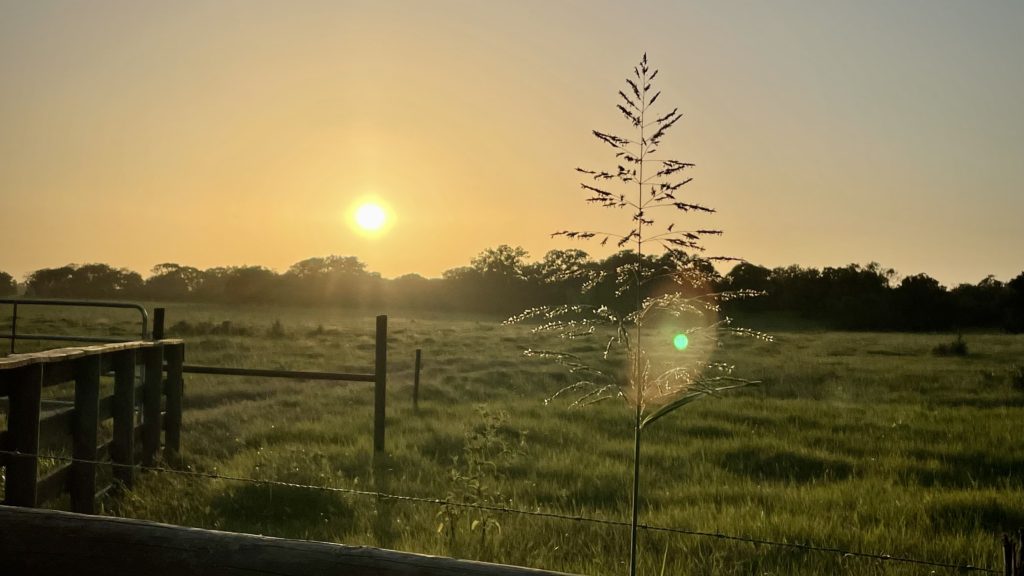"So David arose from the ground, washed, anointed himself, and changed his clothes; then he came into the house of the Lord and worshiped." (2 Samuel 12:2 NASB1995)
David had sinned deeply against the house of Uriah and all of heaven. The prophet Nathan had come to the palace to call the king out on his sin. Nathan’s visit was truly an act of love from the Lord because unrepentant sin ultimately destroys the sinner. Remarkably, David responded in humility and repentance. He was forgiven, yet his unrighteous actions still yielded consequences. His first child by Bathsheba grew sick and died within the week. David spent the infant’s entire illness in sackcloth and ashes, weeping and fasting as he interceded for his son. And on the seventh day, the unnamed, illegitimate baby died.
Then David did what righteous men and women do in the face of loss: he worshiped the Lord. He took his grief right to God’s house and began again to trust his Creator. He encouraged himself in the Lord.

We all endure bouts of loss. Some of those losses are tied to our own actions or inactions. We’ve given into temptation, we’ve lost our temper, said something hurtful or taken something that does not belong to us. We can deny or try to justify, but the far better option is confession and crying out for mercy.
Sometimes our loss is inflicted or escalated by others. I think about Bathsheba. Her story always leaves me with more questions than answers. Why was she bathing on the roof in full view of the palace? What were her options when the king’s men requested her presence? Did she put up a fight when David called her to his bed? Was she willing?
What we know for sure is how she grieved Uriah. (2 Samuel 11:26) The death of her first husband wounded her heart. It’s not mentioned in scripture, but we can be sure that the death of her firstborn less than a year later about did her in. There’s no word for mothers who lose children because it’s too painful to be contained in a label. The sins of her king cost her dearly, and yet she married him and bore him more children. I wonder, did she worship also? Did she let her grief lead her to the house of God? Was worship the bond that tied David and Bathsheba together for the long haul?
How we respond to loss – self-inflicted or otherwise – is critical to the outcome of our life. When we choose to take our grief to God, we encourage ourselves in the Lord. In His presence, we find the strength to keep going. We complete the course He has laid out for us.
David and Bathsheba did this. They outlived their sin. They finished the story and they endeavored to do it God’s way from this chapter on.
"I will bless the Lord at all times; His praise shall continually be in my mouth." (Psalm 34:1 NASB1995)
Lord, we can reason to loss in lots of different ways and few of them are godly. Today You remind us to mourn in Your presence, even when our pain is self-inflicted. We shed our tears on the way to Your house and we pick up praise when we’ve spent our grief. Even when our lives are unraveling, You are still worthy. We will not rob You of worship simply because we’ve sinned and we’re hurting. Help us worship You at all times. Amen.